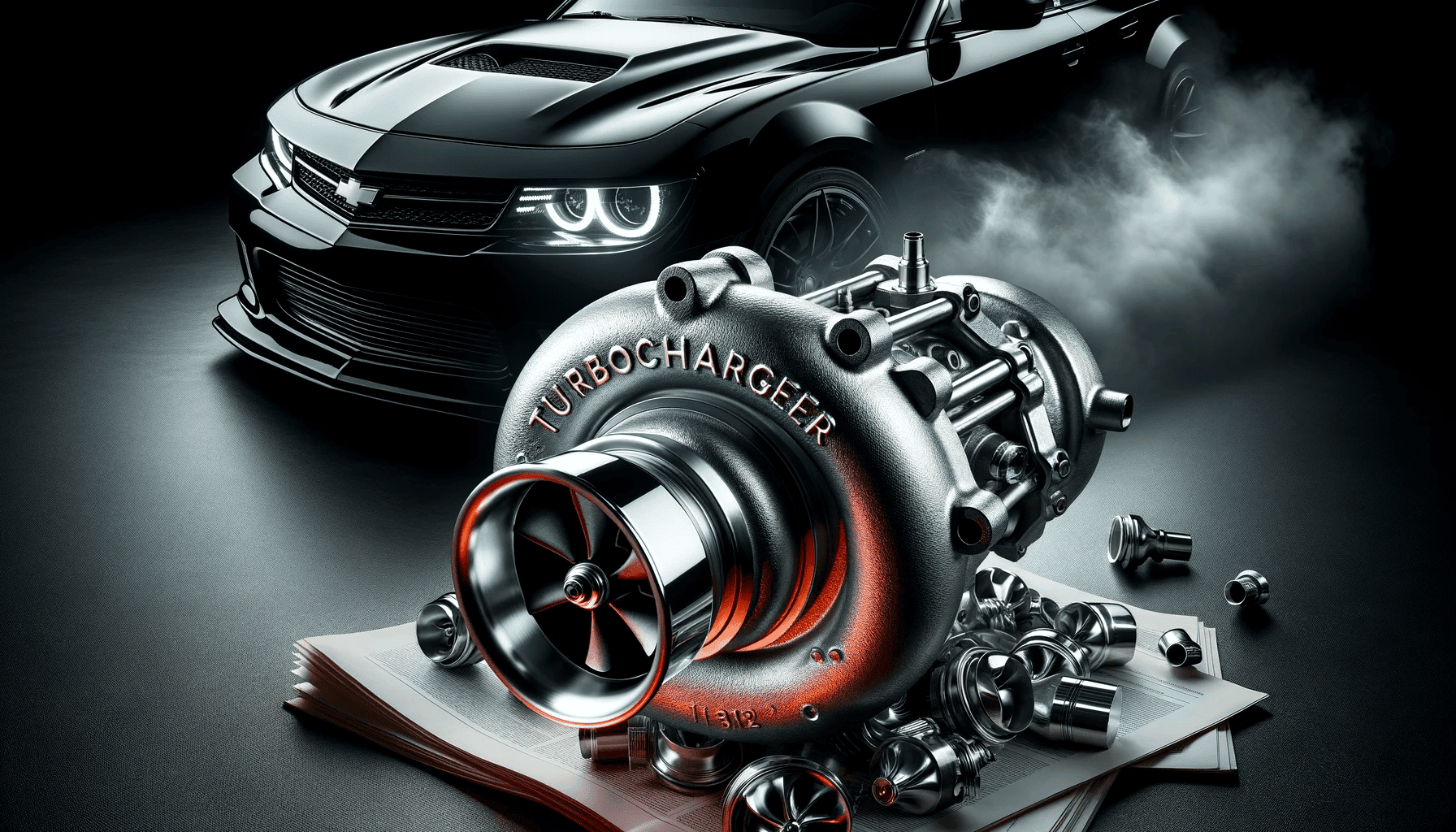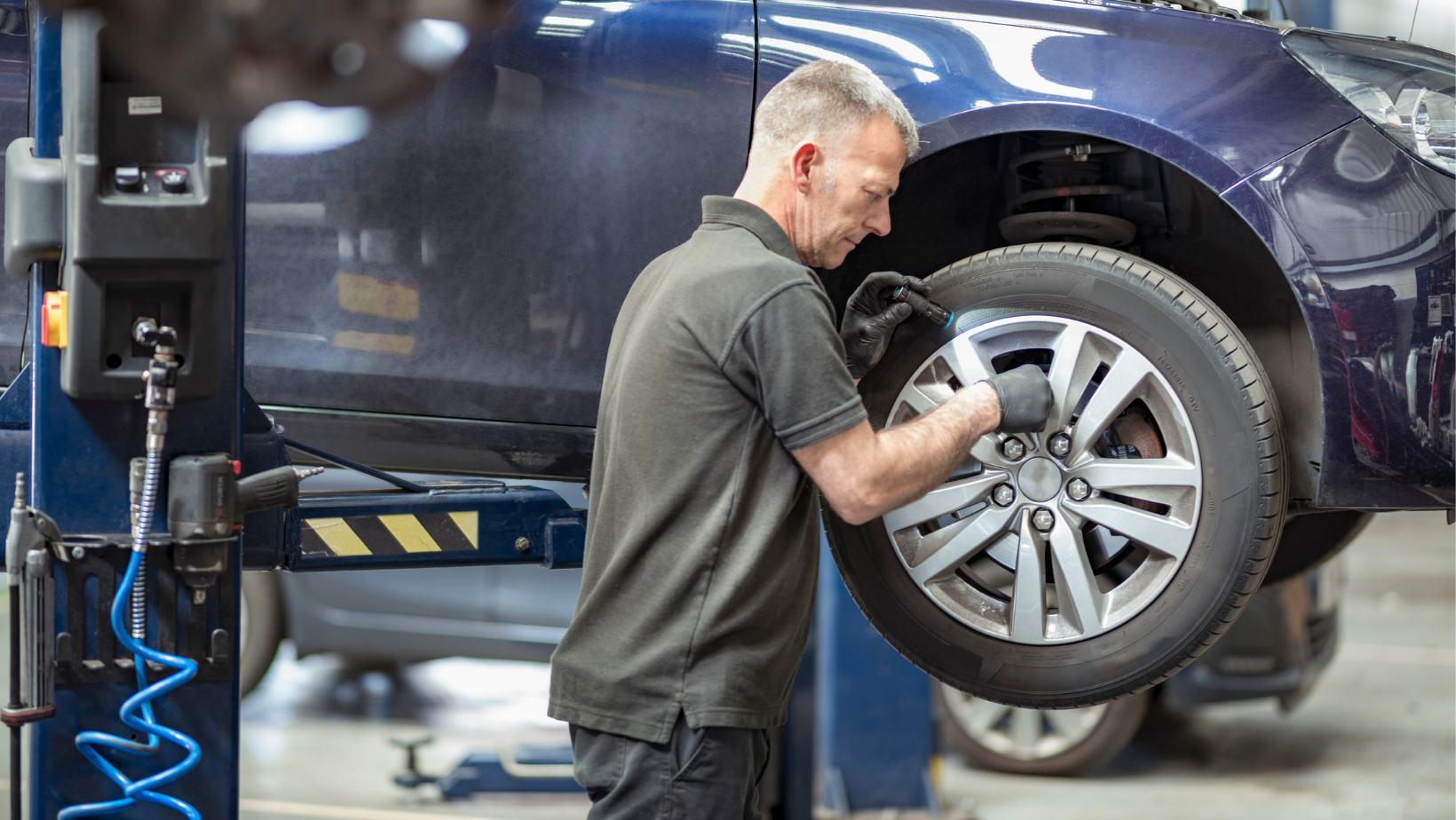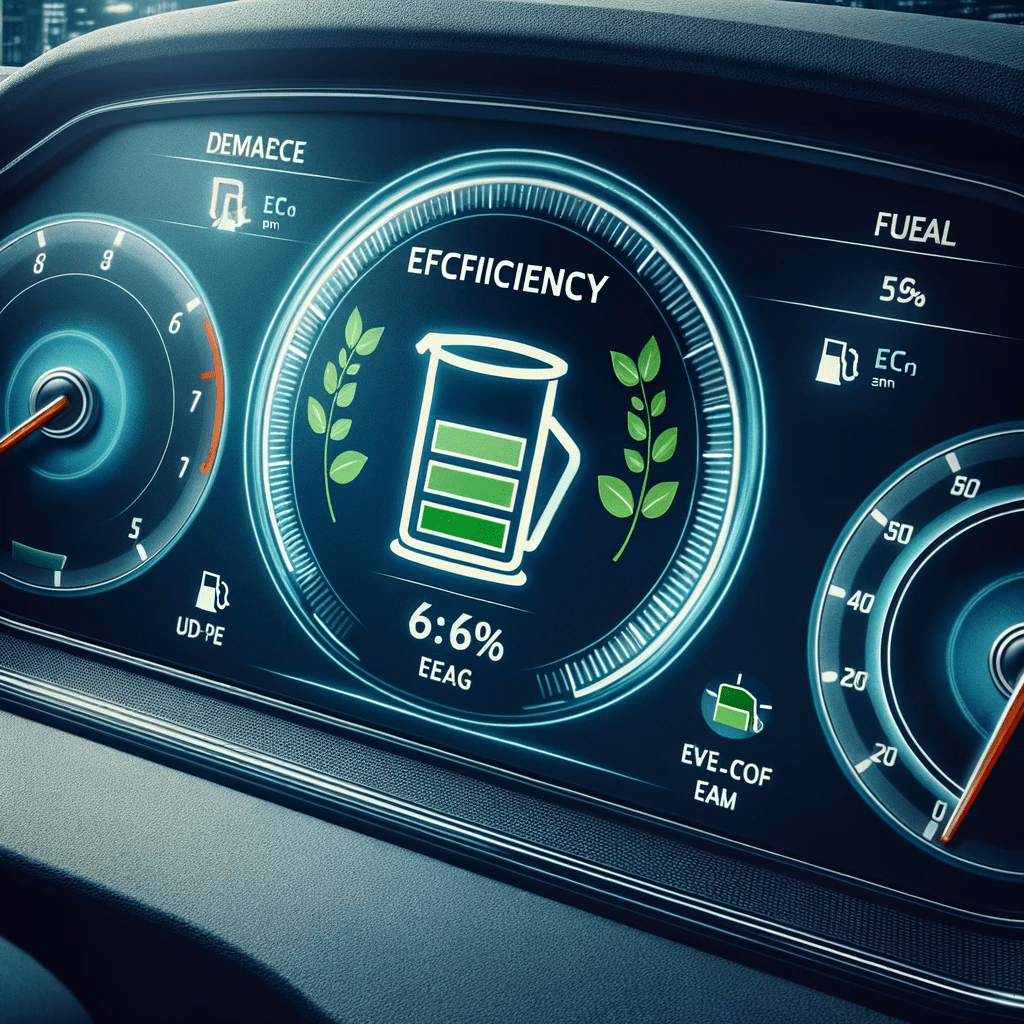Key Takeaways
| Beginner’s tuning guide: Points to Remember | Quick Info |
|---|---|
| Why Tune? | Improved performance, fuel efficiency |
| Risks | Potential engine damage |
| Safe Tuning | Always follow guidelines |
| Popular Mods | Cold air intake, ECU tuning chips |
| DIY or Professional? | Both have pros and cons |
| When to Tune | After understanding your owner’s manual |
Why Car Tuning?
So you’ve got a sweet ride, but you’re itching for more horsepower, tighter handling, or maybe just a smoother ride. That’s where car tuning comes in! By fine-tuning various components, you can optimize your car’s performance.
Quick Benefits:
- More horsepower
- Improved fuel efficiency
- Enhanced handling
Before you dive in, it’s crucial to understand the safe ways to go about car tuning.
Know the Risks: Play Safe
Not all tuning methods are safe for your car’s engine. The wrong move could cause irreversible damage. Always weigh the pros and cons of any modification.
Risks to Consider:
- Engine damage
- Voiding warranty
- Reduced lifespan of car components
To avoid engine disaster, read up on how tuning can lead to engine damage.
Popular Mods: What’s Trending
In the world of car tuning, some mods are more popular than others. Here are some crowd-pleasers:
- Cold Air Intake: Boosts horsepower and improves throttle response.
- ECU Tuning Chips: Modifies the car’s computer for better performance.
- Exhaust Systems: Reduces back pressure for better engine breathing.
Curious about cold air intakes? Here are the pros and cons of using cold air intake systems.
DIY or Not: The Eternal Question
You can either roll up your sleeves and do the tuning yourself, or entrust your car to professionals.
DIY Tuning
- Pros: Cost-effective, personal satisfaction
- Cons: Risk of errors, time-consuming
Professional Tuning
- Pros: Expertise, efficient
- Cons: Expensive, less personal control
For those leaning towards DIY, here are some DIY car tuning tips for optimizing your vehicle’s performance.
When to Tune: Timing is Everything
Always read your vehicle’s owner’s manual before performing any modifications. It contains crucial information on what your car can and cannot handle.
Why the owner’s manual? Well, it’s your comprehensive guide to navigating the automotive jungle.
Quick Fixes: Common Car Repairs
Sometimes, tuning might reveal underlying issues that need to be addressed. Here’s a quick list of common car repairs that you may encounter:
- Oil change
- Air filter replacement
- Brake repairs
It’s better to address these before tuning. Check out our guide to common car repairs.
Upkeep: The Air Filter
Don’t underestimate the importance of a clean air filter. A clogged filter can negate any gains made through tuning.
Learn about the effects of not changing the air filter in your car.
Chips Ahoy: ECU Tuning Chips
Wondering if ECU tuning chips are worth it? They offer easy installation and quick performance gains.
Pros and Cons of ECU Chips
- Pros: Easy to install, immediate gains
- Cons: May void warranty, potential engine risks
For a deep dive, check out tuning chips pros and cons.
Beginner’s tuning guide: Conclusion
So, there you have it—a beginner’s guide to car tuning. Remember, tuning isn’t just for racers and gearheads; it’s for anyone looking to get the most out of their ride. Just be sure to tune safely and responsibly. Happy tuning!






